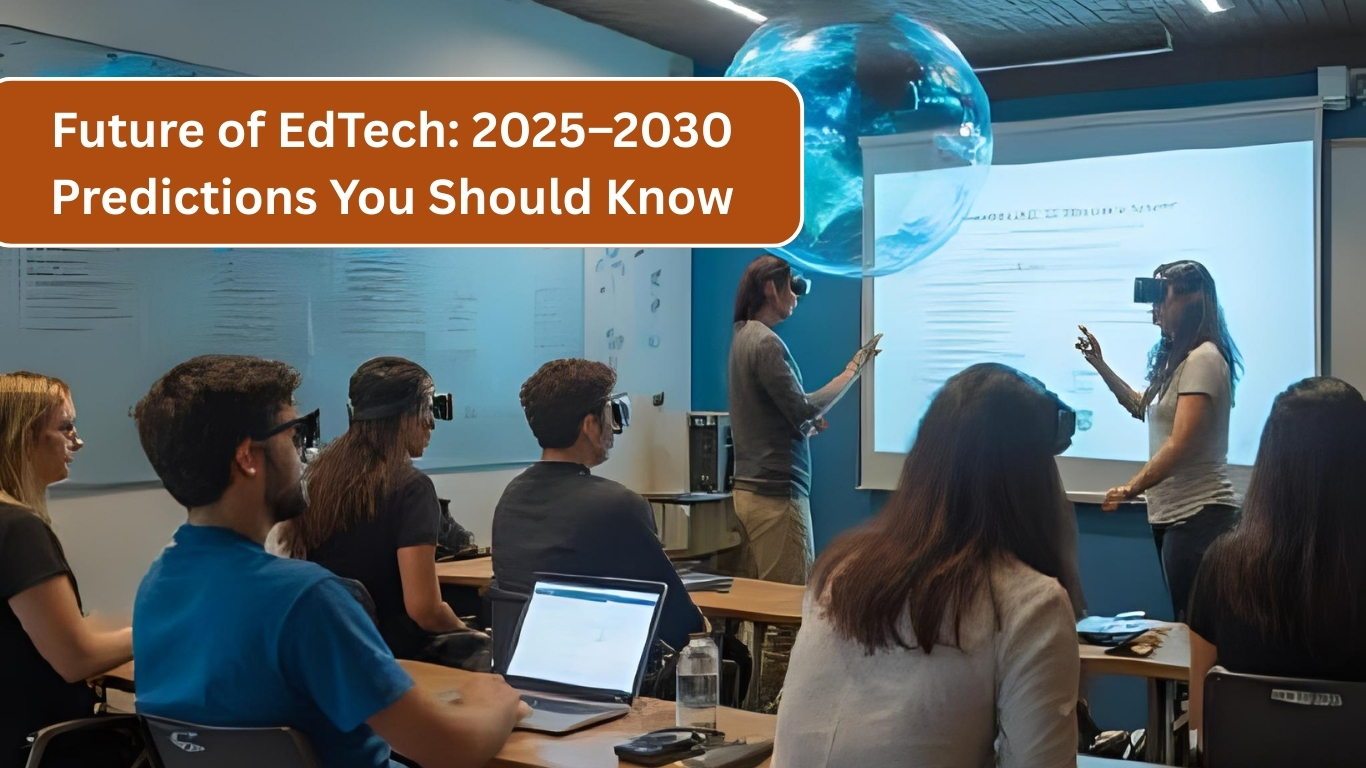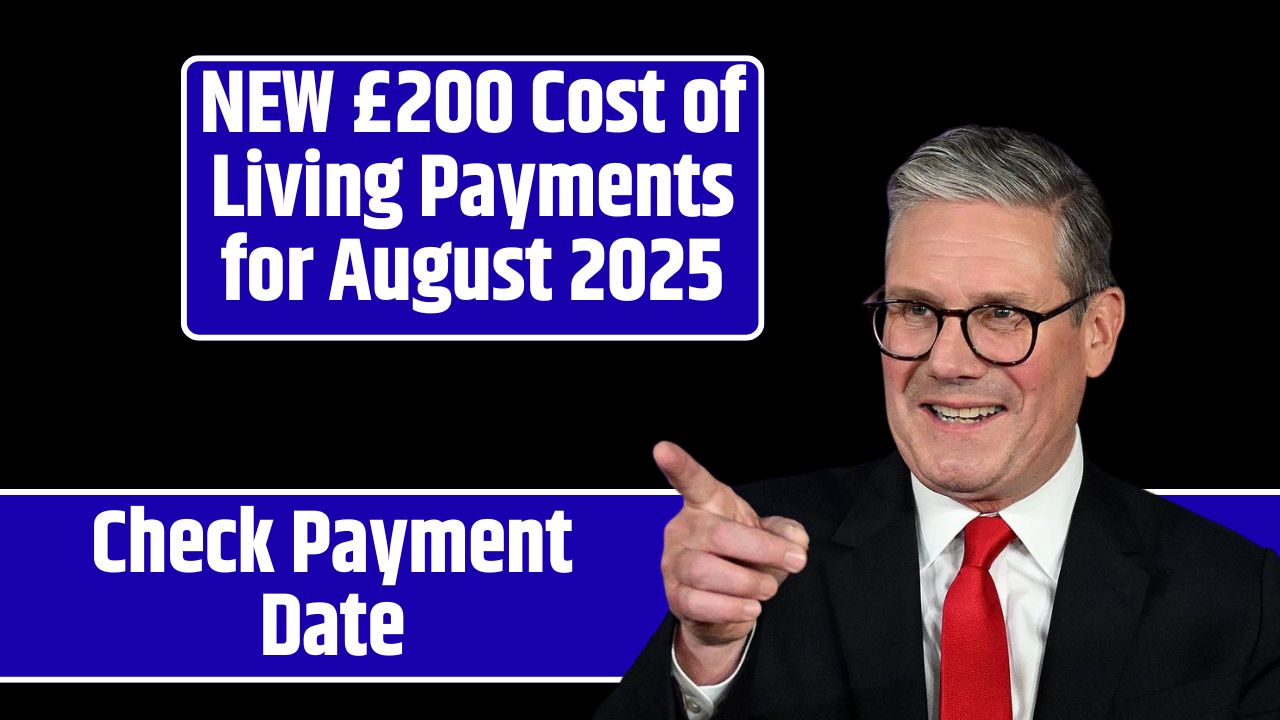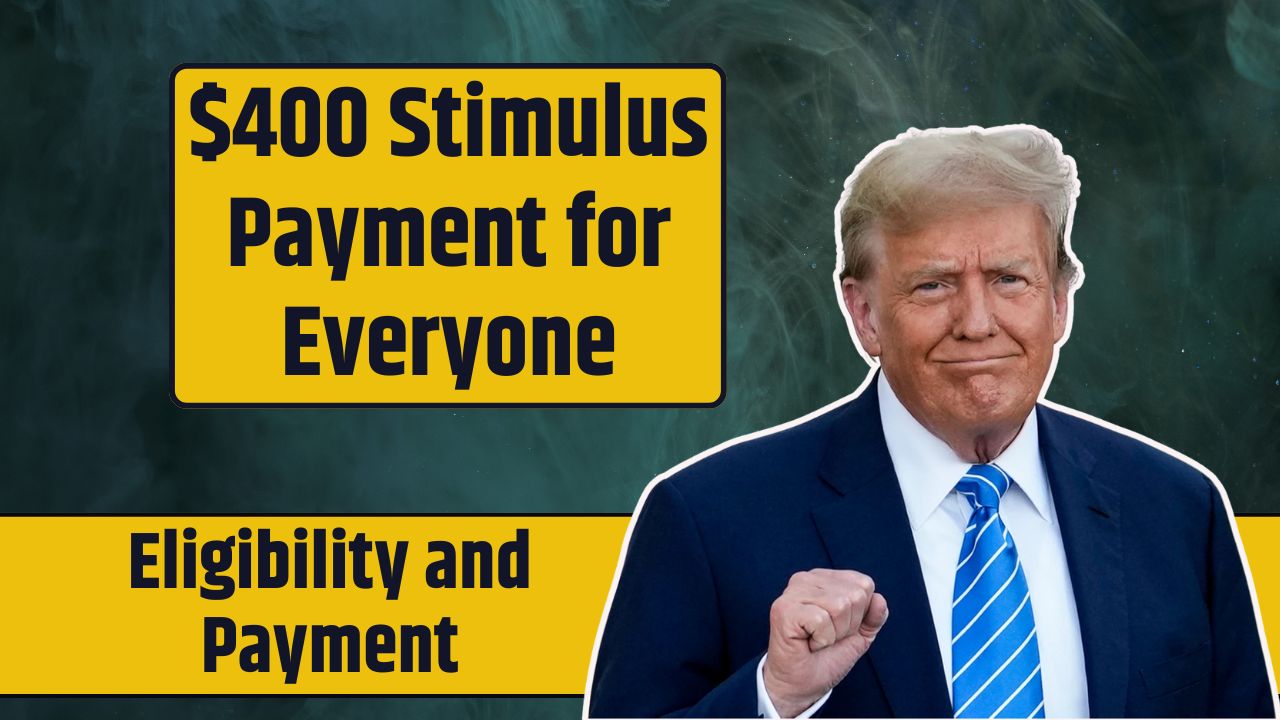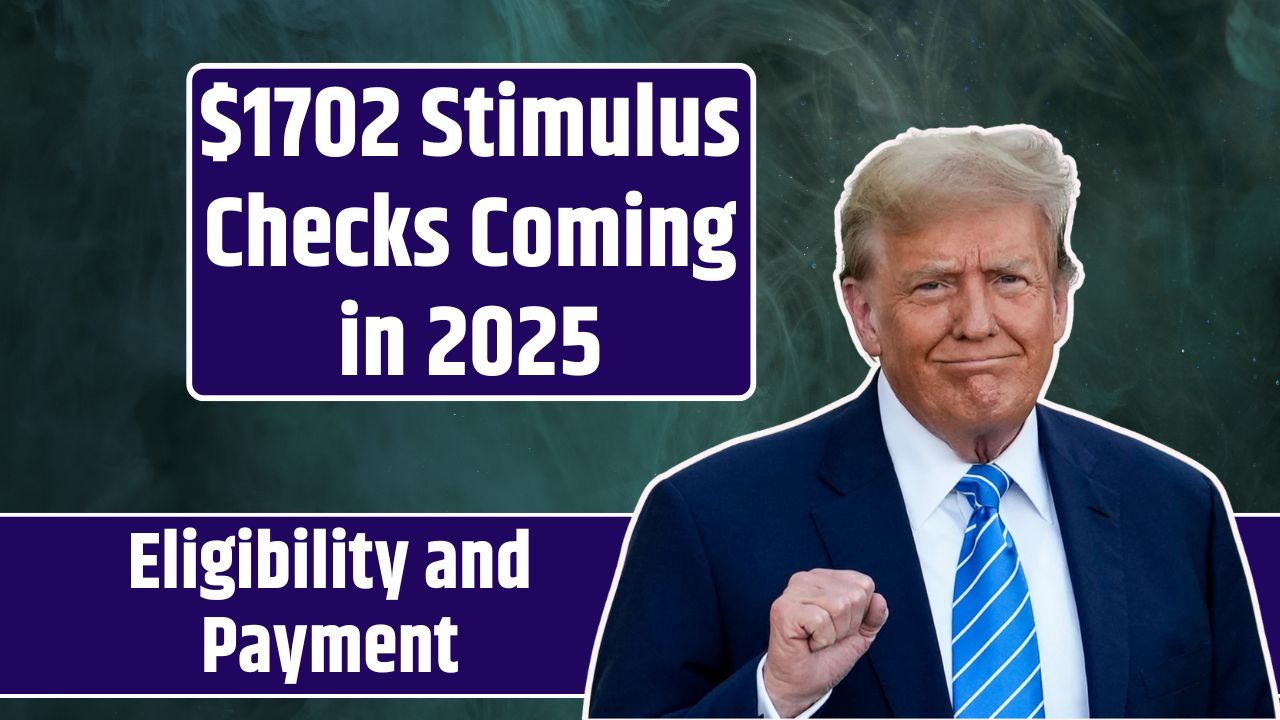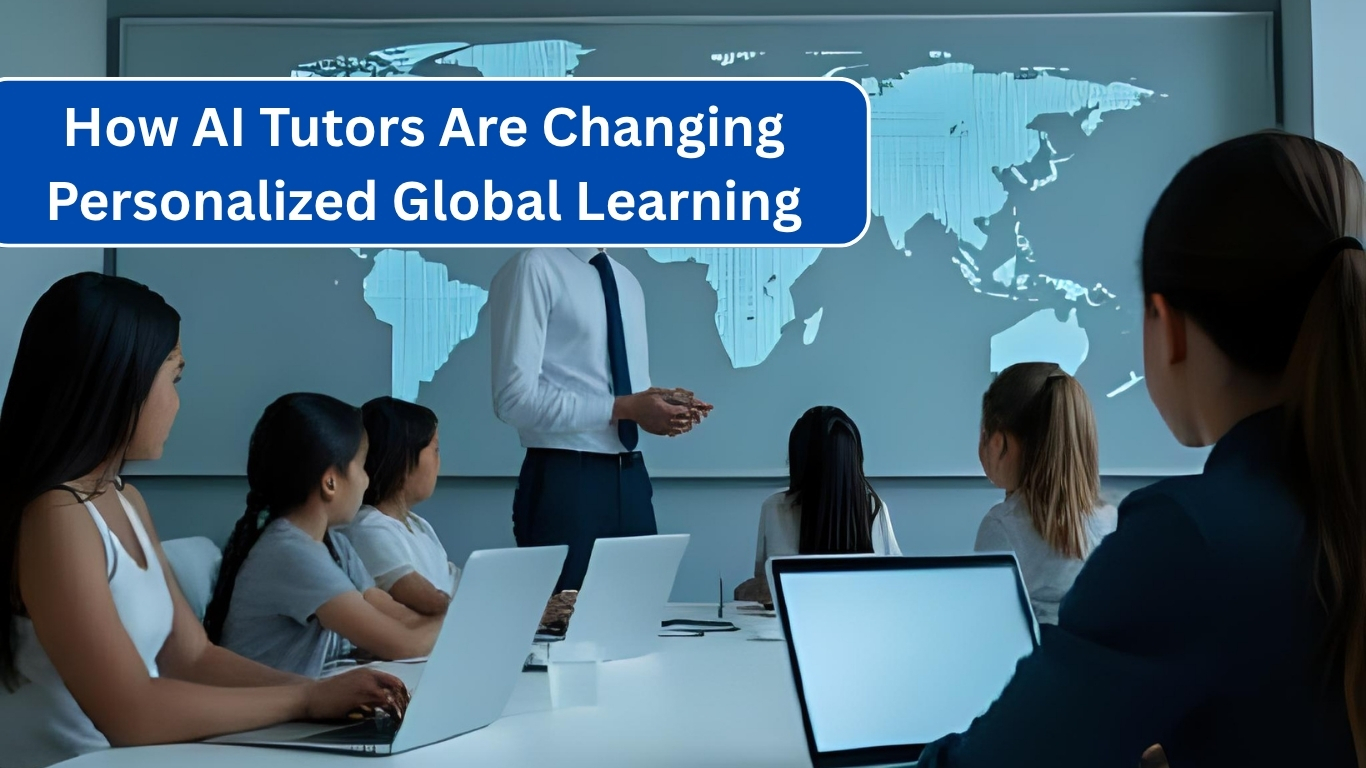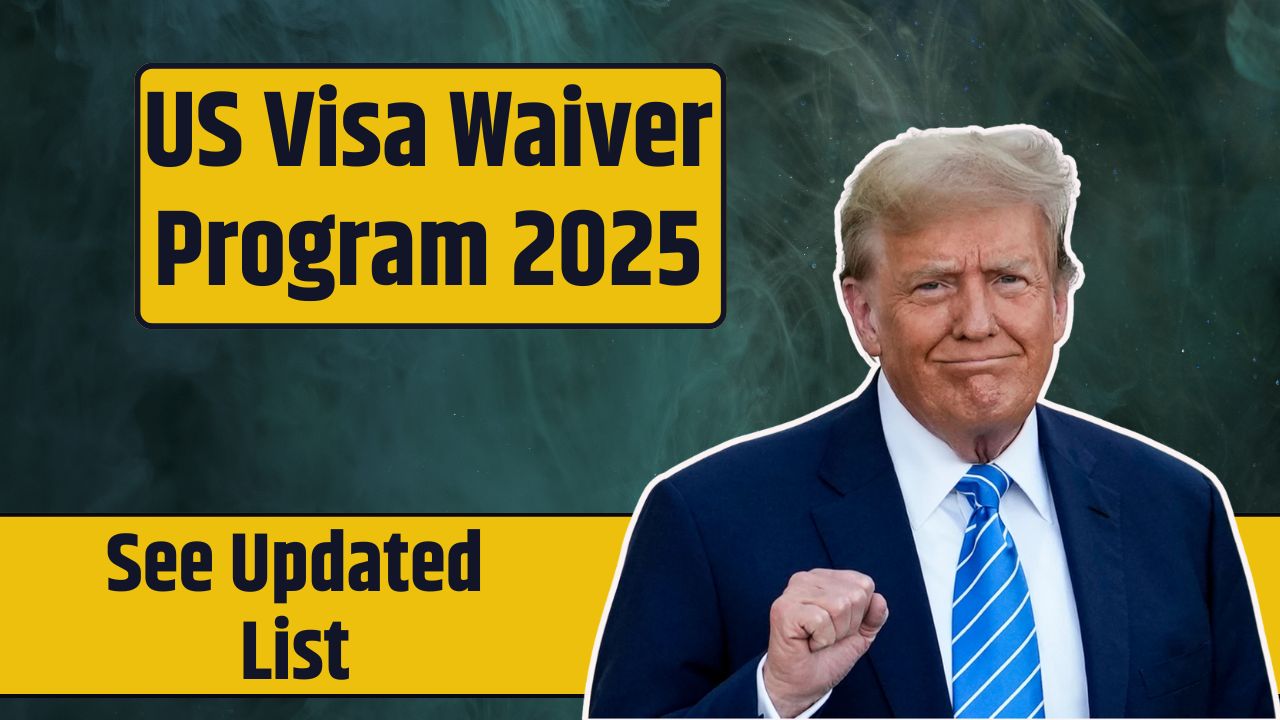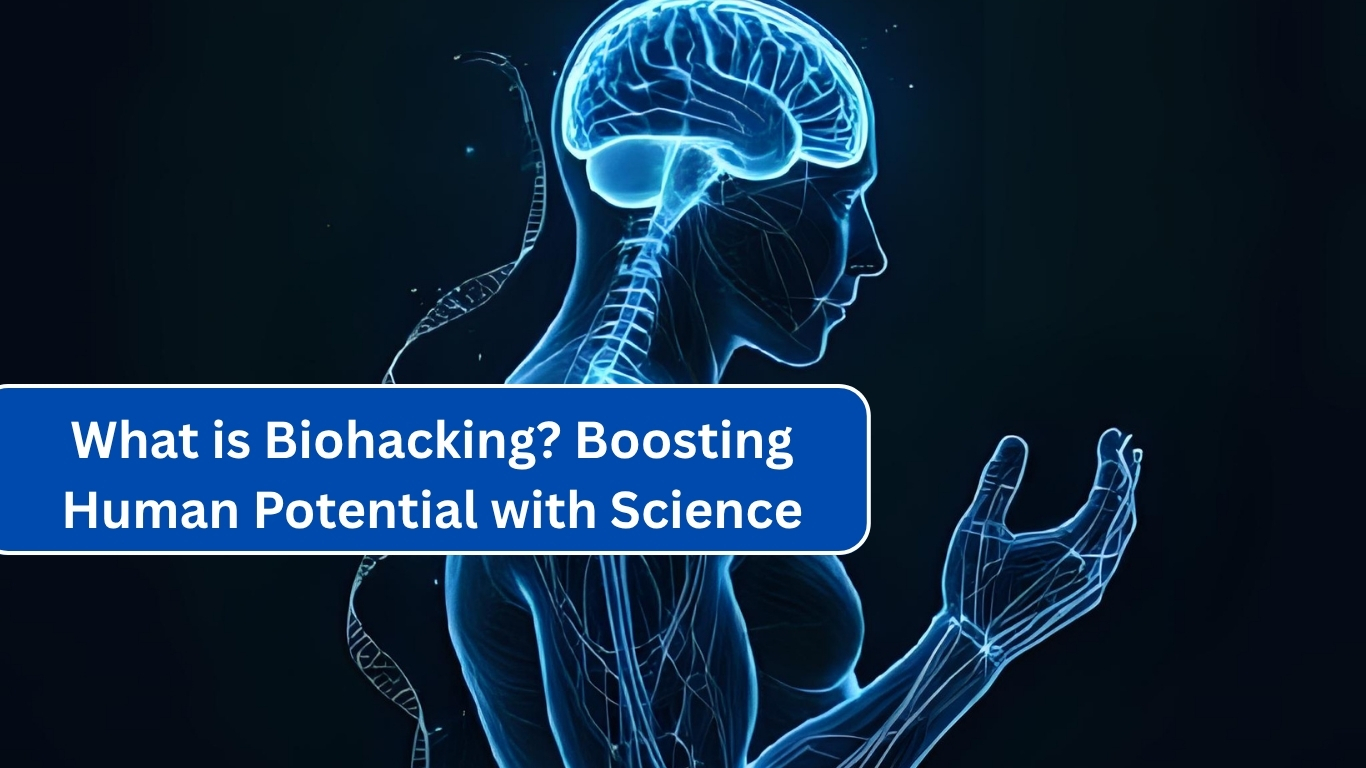Education is evolving faster than ever—and EdTech is leading the charge. From AI tutors to virtual classrooms, the way we learn is undergoing a massive transformation. But where is it all heading?
Let’s explore the top predictions shaping the future of EdTech between now and 2030.
1. AI-Powered Personalized Learning Becomes the Norm
AI will create custom learning paths based on student behavior, pace, and performance.
Expected Impact:
- Boosted student engagement
- Better retention and outcomes
- Real-time feedback & adaptive quizzes
Platforms already using this: Khan Academy, Duolingo, Byju’s
2. Global Classrooms Through Immersive Tech (VR/AR)
Virtual reality field trips, AR chemistry experiments, and 3D biology models will become common in both physical and online classrooms.
Use Cases:
- Simulated lab environments
- Virtual cultural exchanges
- Historical recreations
3. Rise of Microlearning & Skill-Based Credentials
Bite-sized, focused lessons will replace lengthy courses for many learners. Expect an explosion of micro-certifications.
Popular Formats:
- 3–10 minute video lessons
- Mobile-first content
- Stackable nano-degrees
4. Increased Government & Policy Support
Countries will push digital education reforms, hybrid schooling, and digital literacy programs.
Policy Trends:
- National EdTech roadmaps (e.g., India’s NEP 2020)
- Public-private partnerships with startups
- Funding for teacher digital training
5. EdTech for Mental Wellness & Emotional Intelligence
Apps and platforms will begin integrating features that track mood, stress, and emotional well-being.
Why It Matters:
- Rising student burnout in online learning
- Demand for SEL (Social Emotional Learning)
- AI-driven emotional response tools already being tested
6. AI Teaching Assistants for Every Teacher
Instead of replacing educators, AI will support them with:
- Real-time class analytics
- Personalized assignment feedback
- Language translation and accessibility tools
7. The Return of Offline + Online (Blended 3.0)
Schools won’t be fully online—but tech will be embedded in every lesson. The next phase of blended learning will use dashboards, gamification, and smart scheduling.
Conclusion
The future of EdTech is smart, flexible, immersive, and learner-focused. Over the next 5 years, we’ll see education that adapts to individuals, connects globally, and blends physical with digital like never before.
If you’re a student, teacher, or innovator—now’s the time to ride the wave.
